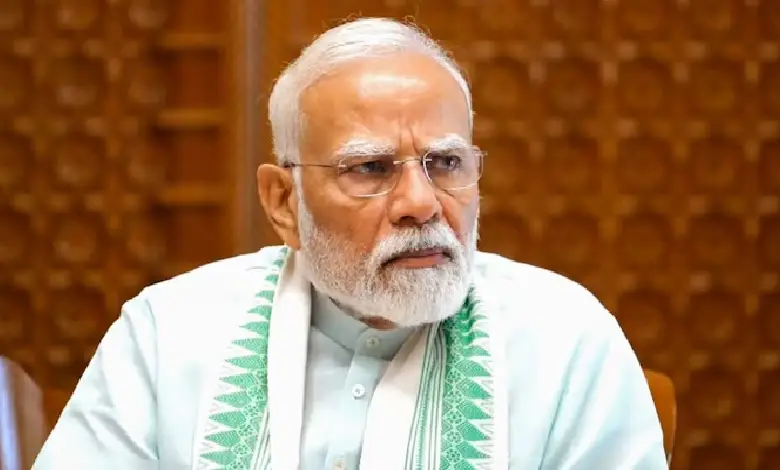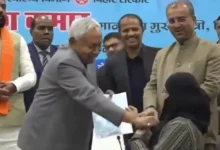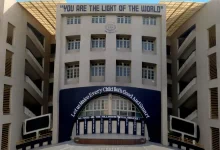
The Delhi High Court on Monday, August 25, 2025, set aside a 2016 directive of the Central Information Commission (CIC) that had allowed an RTI activist to access Delhi University’s 1978 undergraduate records the same year Prime Minister Narendra Modi completed his BA degree.
The ruling came on an appeal filed by Delhi University challenging the CIC’s December 21, 2016 order. The High Court had initially put the order on hold on January 24, 2017, the very first day of hearing.
The RTI request, submitted by activist Neeraj, had sought inspection of DU’s records listing details of students who cleared the BA examination in 1978, including their roll numbers, names, fathers’ names and marks. The CIC had directed the university to permit such inspection and issue certified copies of the relevant documents.
Delhi University, however, argued that releasing information about all students from that year would amount to disclosing personal data held in “fiduciary capacity” and was therefore exempt under the Right to Information (RTI) Act. It warned that the CIC’s order could have “serious and widespread implications” for universities across the country, which collectively safeguard the records of crores of students.
During the hearings, Solicitor General Tushar Mehta, representing DU, stressed that the intent of the RTI law was not to satisfy “a third party’s curiosity,” emphasizing that the Act ensures disclosure for legitimate purposes, not speculative interest.
The CIC had earlier dismissed the university’s objections, ruling that DU must allow inspection. It had found “neither merit nor legality” in the argument that such data constituted third-party personal information.
With the High Court’s latest decision, the CIC’s order no longer holds, bringing a significant turn in the long-running dispute over the disclosure of Prime Minister Modi’s educational records.




